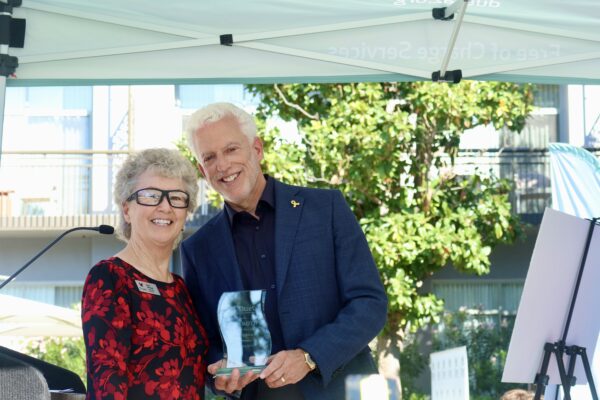Helping a senior loved one transition from an active lifestyle to a physically impaired lifestyle can be challenging. They have lived independently for a lifetime, so this is a major change which often represents a blow to their pride. Physical activity reduces stress, and losing access to a coping mechanism during a stressful time doesn’t help matters. Despite these difficult realities, you can help them transition.
Take it easy
If possible it is best to ease into this transition. If the maximum amount of change is forced in the shortest amount of time, there will be more resistance. Be patient and try to stay positive. If you offer or hire help, start with small changes that eliminate your loved one’s least favorite activities. Schlep the laundry if your relative hates that chore, but if she loves gardening, help her remain independent by getting her safely outside and assisting with the more difficult tasks.
Adapt their home
If you can adapt their home to meet their current needs it can help them to continue to live in a familiar place. Some common modifications are:
- Widening doorways to make it easier to pass through in a motorized scooter, wheelchair or with a walker.
- Moving light switches, outlets and door handles to convenient heights.
- Adapting bathrooms by adding support devices and adjusting the height of the toilet and fixtures.
- Installing ramps and changing any flooring that impedes movement.
- Installing a stair lift or an elevator, if this cannot be done consider adjusting a room on the ground level to make a bedroom and bathroom accessible.
- Setting up alert devices that can get help in case they fall.
Hire Help
There are many providers that can help to ease the transition and keep your loved ones at home. This type of service can be customized to meet their needs.
Socialize
Your loved one may already have a vibrant social life, in which case you could simply help them get around. Help them prepare for outings and make sure they have everything they need. On the other hand, many seniors suffer from isolation because their social lives mainly consisted of work and family. Making new friends is hard at any age, and some seniors worry about getting close to people. Nevertheless, getting out of your shell is the best thing to do. That is as true for caregivers as it is for seniors in their care. Seek out a support group if you or your loved one are struggling with a condition. Meanwhile, make sure your loved one can get out and enjoy activities that take his or her mind off negative thoughts.



